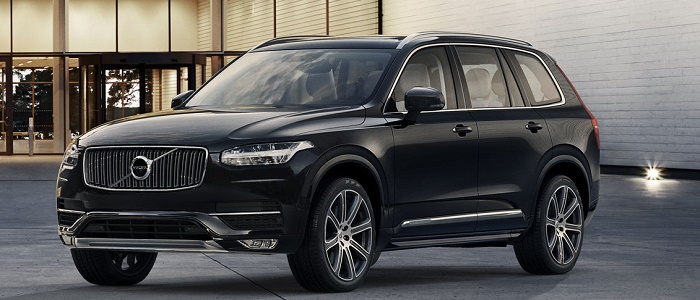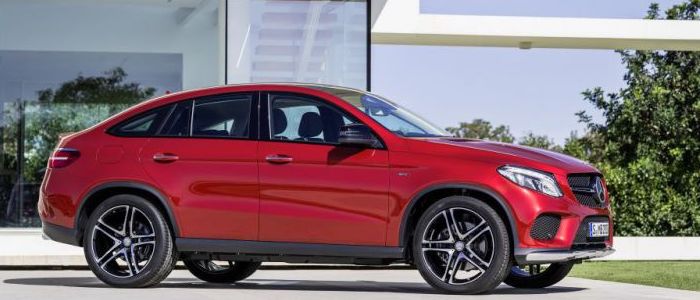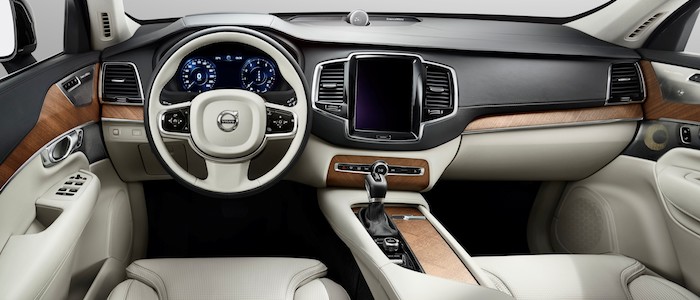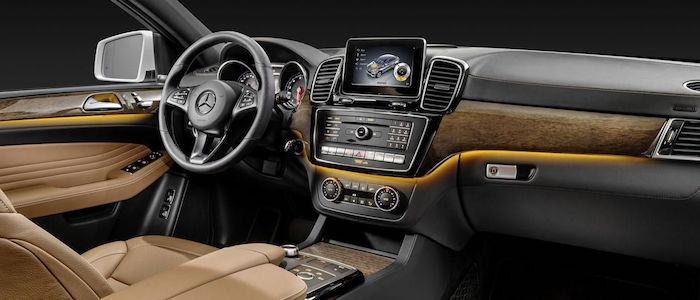Compare two cars
Compare any two cars and get our Virtual Adviser™ opinion
Dimensons & Outlines
Check vehicle history
Engine
3.0 M276 DE30 AL HP
Performance (manual gearbox)
Performance (automatic gearbox)
Expenses
Virtual Adviser's™ opinion
Two significantly similar cars, no doubt about that. Still, each one has something different to offer. While both cars belong to the SUV segment and utilize the 5-door suv body style, one major difference is the fuel type they use. More specifically, Volvo is a hybrid car, but Mercedes Benz is powered by a petrol engine. The first one has a Volvo-engineered powertrain under the hood, a 4-cylinder, 16-valves 408hp unit, while the other one gets its power and torque from a 6-cylinder, 24-valves 367hp engine designed by Mercedes Benz.
SafetyBoth vehicles got tested by European New Car Assessment Programme (Euro NCAP), with the same number of safety stars gained in the process. That aside, let's consider some other aspects which affect safety. Both vehicles belong to the suv segment, which is generally a very good thing safety-wise, but that fact doesn't break the tie between the two cars. Furthermore, taking kerb weight as an important factor into account, the Swedish car offers a marginal difference of 1% more metal.
ReliabilityReliability is not the best thing to consider on the make level, but it is worth mentioning that Volvo does have a slight advantage, when all the models are taken into account. These are the official statistics, while our visitors describe reliability of Volvo with an average rating of 3.2, and models under the Mercedes Benz badge with 4.3 out of 5. Unfortunatelly, I don't have enough insight that would allow me to comment in more details on the specific models level. Above it all, drivers of cars with the same engine as the Swedish car rank it on average as 3.0, while the one under the competitor's bonnet gets 1.0 out of 5.
Performance & Fuel economyMercedes Benz is a bit more agile, reaching 100km/h in 0.2 seconds less than its competitor. In addition to that it accelerates all the way to 248 kilometers per hour, 18km/h more than the other car. When it comes to fuel economy an obvious choice would be the Swedish car, averaging around 2.5 liters of fuel per 100 kilometers (113 mpg), in combined cycle. That's 276% difference compared to the German car!
Verdict
Volvo appears just a bit more reliable, although the difference is truly marginal. The most important thing when deciding between any two vehicles should always be safety, both passive and active. In my opinion, everything taken into account, the Swedish car offers slightly better overall protection and takes the lead. From there things take a different direction, with Mercedes Benz outracing its opponent in any situation possible, making it better choice for boy racers. It does come at a cost though, and that's the fuel consumption... All together, there's not much more to say, in this case I wouldn't even consider anything but Volvo. Anyway, that's the most objective conclusion I could've came up with and it's based solely on the information found on this website. Aspects such as design, practicality, brand value and driving experience are there for you to measure them out. I suggest you spend two more minutes in order to find out which car, based on your needs and budget, would be picked by the virtual adviser™, out of 12.000+ vehicles we currently have in our database.

































